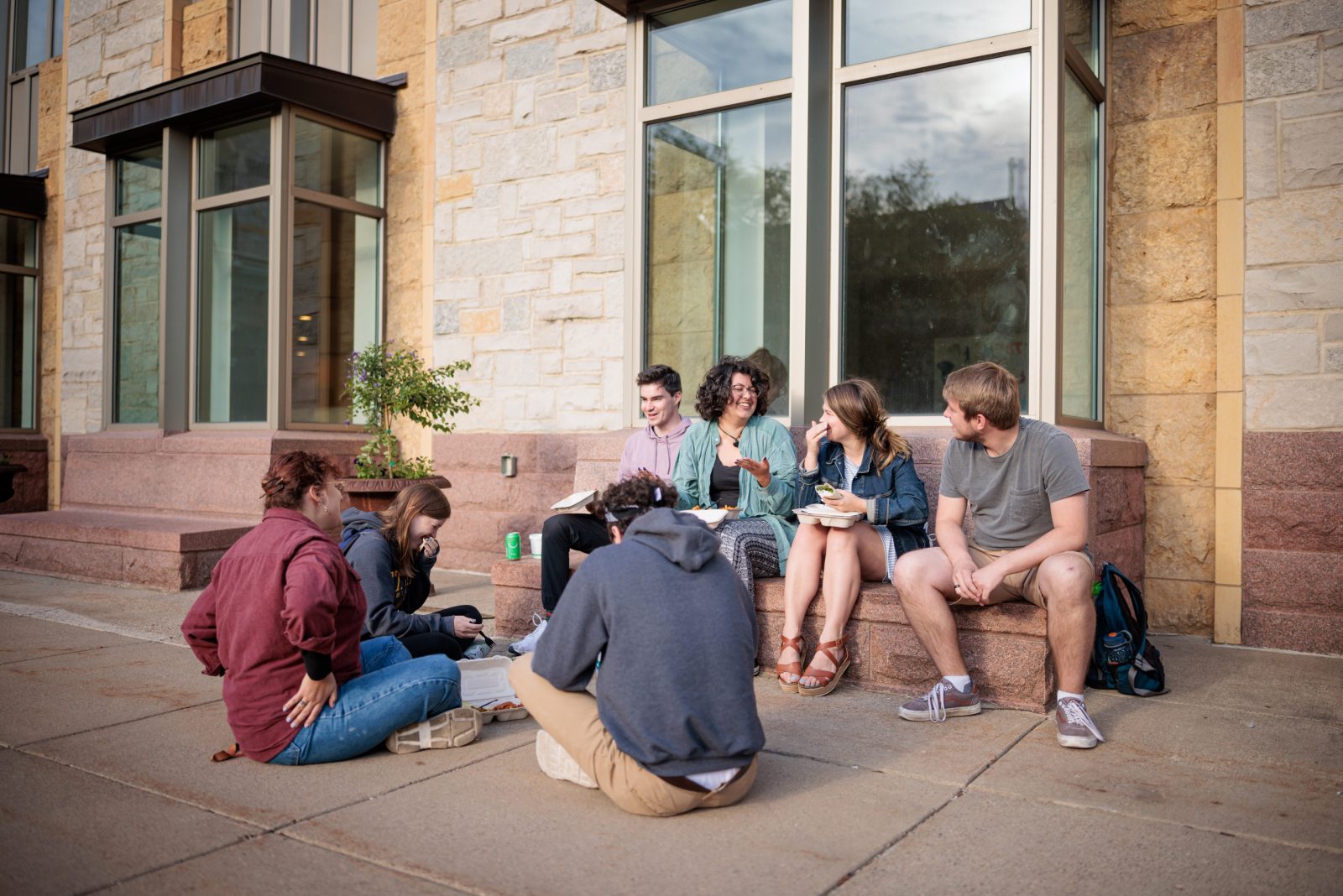When we are living with others, there are health conditions that may emerge.
Respiratory and Close-Contact Illnesses

Tuberculosis (TB)
What is it? Bacterial infection that causes nonspecific symptoms, such as prolonged fever without a known cause.
Requires medical care? Yes
- See a health care provider if you have symptoms.
- Close contacts should see a health care provider.
Requires environmental measures? Yes
- Consultation with County and State Health Departments is required.
- Specific isolation procedures are used when active tuberculosis is suspected.
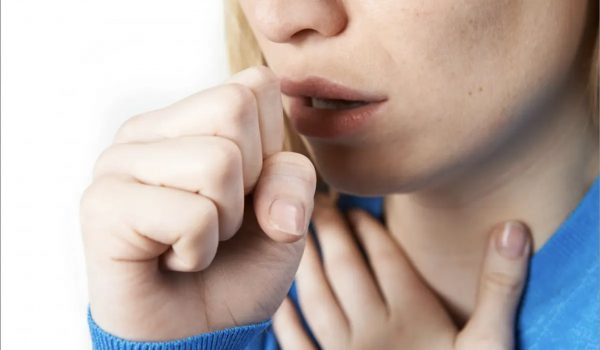
Pertussis (Whooping Cough)
What is it? Bacterial infection with Bordetella pertussis that usually causes prolonged cough, cough spasms with gasping intake of air (making a “whoop” sound), or cough resulting in gagging or vomiting.
Requires medical care? Yes
- See a health care provider if you have symptoms.
- Roommates or others with close contact require treatment and should see a health care provider.
Requires environmental measures? No
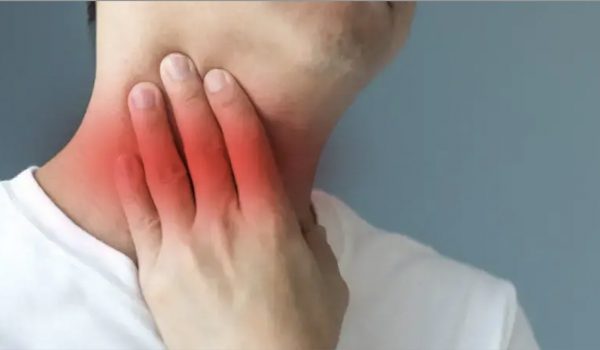
Mononucleosis
What is it? Viral infection that usually causes fever, sore throat, and profound fatigue, and may cause more severe illness.
Requires medical care? Yes
- See a health care provider if you have symptoms.
- Roommates or others with casual contact do not need treatment.
Requires environmental measures? Maybe
- Do not share utensils, drinking vessels, or anything with saliva for up to a year after exposure.

Strep Throat
What is it? Bacterial infection with group A Streptococcus (GAS) that causes fever, sore throat, headache, and nausea – without cough – and may cause more severe illness.
Requires medical care? Yes
- See a health care provider if you have symptoms.
- Strep throat typically resolves without treatment; treatment is recommended to prevent rare complications.
- Roommates or others with casual contact do not need treatment.
Requires environmental measures? Maybe
- Consider replacing your toothbrush after 24 hours on antibiotics.
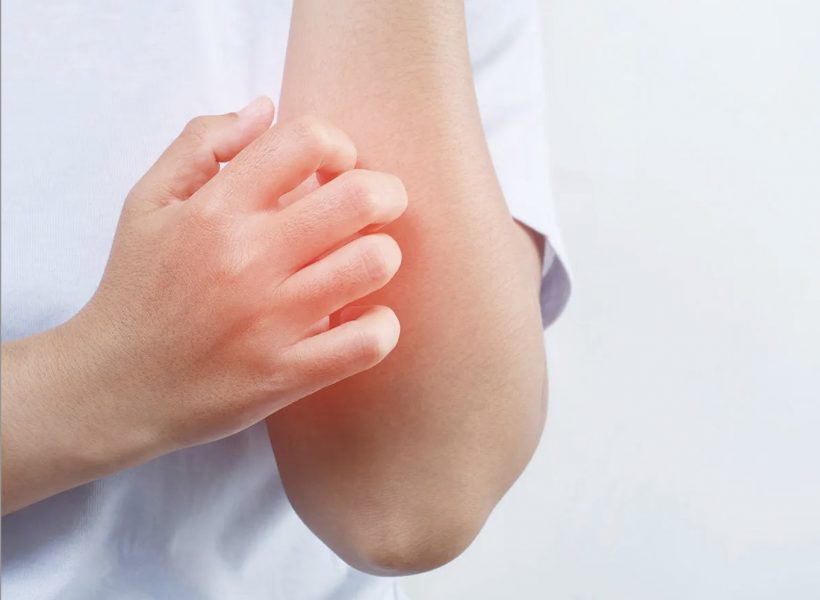
Scabies
What is it? Tiny mites burrow under the skin and cause itchy bumps or burrows.
Requires medical care? Yes
- See a health care provider if you have symptoms.
- See a health care provider if you have close skin-to-skin contact with someone who has scabies.
Requires environmental measures? Yes
- Wash and dry all clothing worn in the last 4-5 days on high heat settings.
- Wash and dry all used sheets, blankets, and towels on high heat settings.
- Any soft items that cannot be washed should be sealed in a plastic bag for three days.
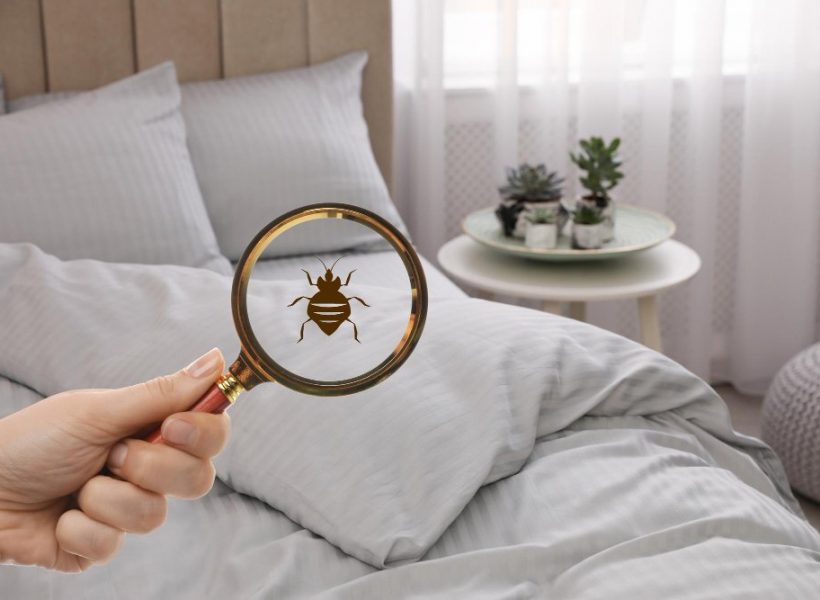
Bedbugs
What is it? Insects infest areas where people sleep and cause itchy red bites on the skin.
Requires medical care? Maybe
- See a health care provider if you need help managing symptoms.
Requires environmental measures? Yes
- Professional pest control consultation and treatment
- Vacuum thoroughly, including crevices and hidden places.
- Wash linens and soft items and dry on high heat.
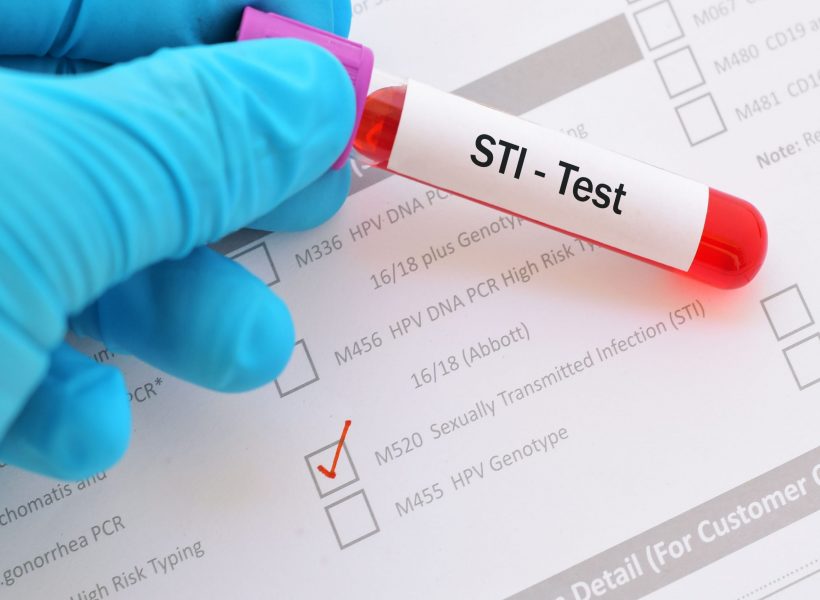
Sexually Transmitted Infections
What is it? Chlamydia, Genital Herpes, Gonorrhea, HIV, Syphilis, Trichomoniasis
Requires medical care? Yes
- See a health care provider if you have symptoms or known sexual contact exposure to an STI.
Requires environmental measures? No
